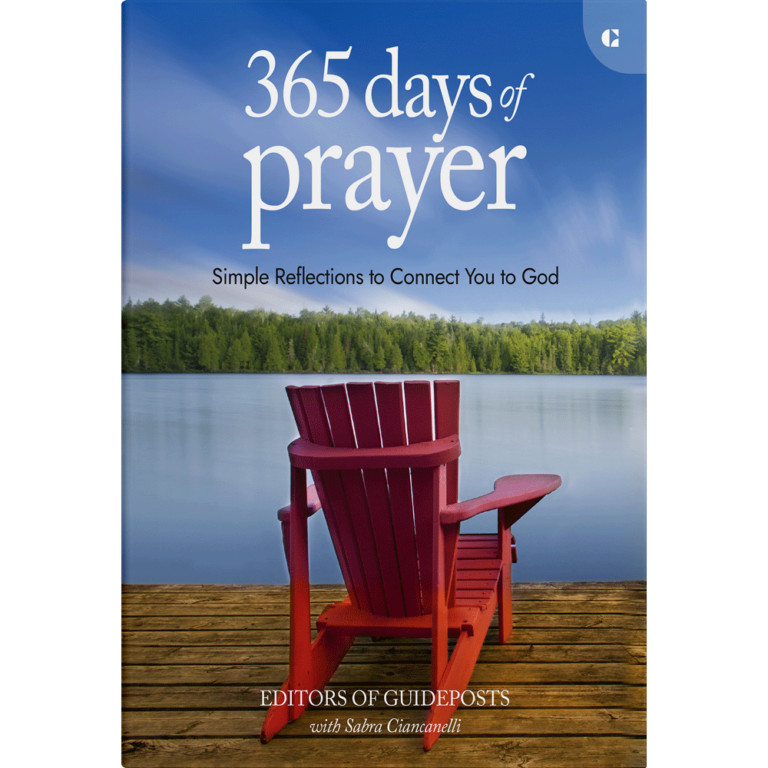A clear conscience before God and others. Improved sleep habits. A better sense of your strengths and weaknesses. A growing intimacy with God. Stronger self-control. Increasing likeness to Jesus Christ. These are just some of the benefits that come from learning to confess our sins in prayer and doing it regularly.
These days, however, confession is seldom talked about and even less frequently practiced, even by the most experienced and mature followers of Jesus. But it is still possible to learn how to confess well, particularly by following the example of King David.
Psalm 51 in the Bible has long been identified with David and his devastating sin with Bathsheba and the exposure of that sin by the prophet Nathan. It certainly tracks well with the biblical account of that episode (see 2 Samuel 11-12). It also provides seven keys to remember in confessing our own sins:
1) Remember God’s nature.
David began his psalm, “Have mercy on me, O God, according to your unfailing love; according to your great compassion blot out my transgressions” (Psalm 51:1, NIV). The basis of our confession is God’s unfailing love and willingness to forgive. Nothing else. Not our past “righteousness” or imagined worthiness. Not any mitigating circumstances. Only God’s nature.
Read More: 4 Ways to Pray Yourself Clean
2) Call it what it is.
David prayed, “Wash away all my iniquity and cleanse me from my sin. For I know my transgressions, and my sin is always before me” (Psalm 51:2-3, NIV). He called sin “sin.” He didn’t whitewash it or excuse it. He didn’t refer to it as a “mistake.” It gets us nowhere to use “weasel words” in confessing.
3) Take full responsibility.
David used the word “my” five times in the first three verses of Psalm 51: “my transgressions,” “my iniquity,” “my sin,” “my transgressions,” and “my sin” (Psalm 51:1-3, NIV). Sure, he’s repeating himself. But he’s blaming no one but himself, which is key to a good and thorough confession.
4) Get specific.
David went on to pray, “Against you, you only, have I sinned and done what is evil in your sight; so you are right in your verdict and justified when you judge” (Psalm 51:4, NIV). If the background of Psalm 51 is David’s sin with Bathsheba, then I can think of at least three people he sinned against, in addition to God (Uriah, Bathsheba, and the child of David and Bathsheba, who died in infancy). But all sin is first and foremost against God, so perhaps David’s focus is correct if not comprehensive (like the prodigal son in Jesus’ story, who said, “Father, I have sinned against heaven and against you” (Luke 15:21, NIV).
5) Claim God’s forgiveness.
After confessing his sin, David makes a catalog of requests:
Cleanse me with hyssop, and I will be clean;
wash me, and I will be whiter than snow.
Let me hear joy and gladness;
let the bones you have crushed rejoice.
Hide your face from my sins
and blot out all my iniquity.
Create in me a pure heart, O God,
and renew a steadfast spirit within me.
Do not cast me from your presence
or take your Holy Spirit from me (Psalm 51:7-11, NIV).
Interestingly, the New Testament writer of 1 John promised, “If we confess our sins, He is faithful and just and will forgive us our sins and purify us from all unrighteousness” (1 John 1:9, NIV). He drew a straight line from confession to forgiveness and cleansing. He didn’t say we need to plead or beg or cajole; we simply confess and God freely forgives.
6) Renew your commitment.
David seems to be on a roll in his penitential psalm. He goes on to make further requests of God: “Restore to me the joy of your salvation and grant me a willing spirit, to sustain me” (Psalm 51:12, NIV). Once we have confessed our sins and laid hold of God’s free and full forgiveness, it is only appropriate to renew our commitment to Him and seek the joy of His presence.
7) Move on to other prayers.
Finally, David seems to move beyond confession to praise and petition in his psalm. He declares his intention to “teach transgressors your ways” (v. 13). He asks God to open his lips in praise (v. 15). He asks God to prosper Zion and “build up the walls of Jerusalem” (v. 18). Similarly, when we have confessed well, we will find that praise and petition flows from our lips more naturally and abundantly than before, as the overflow of a clean heart and a renewed spirit.






